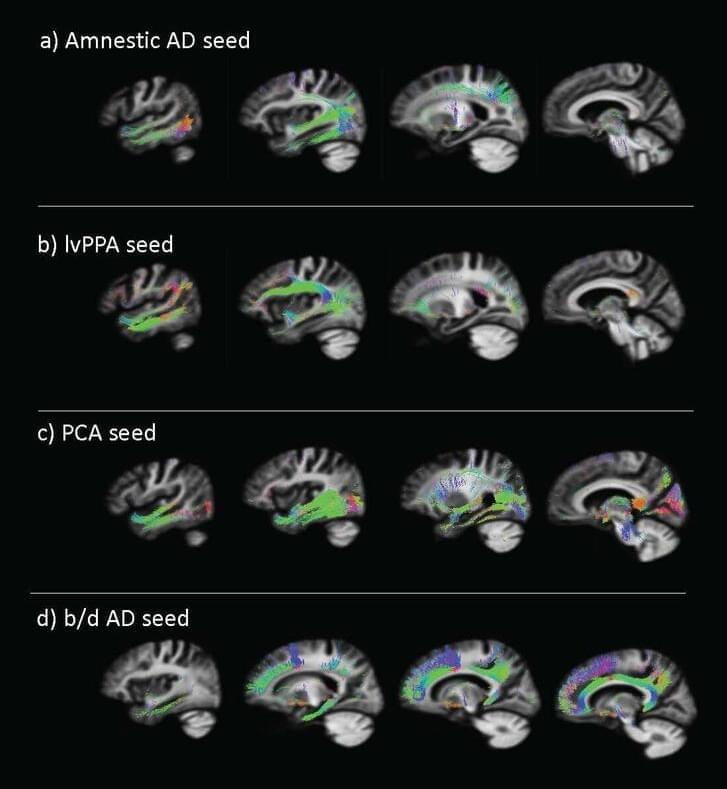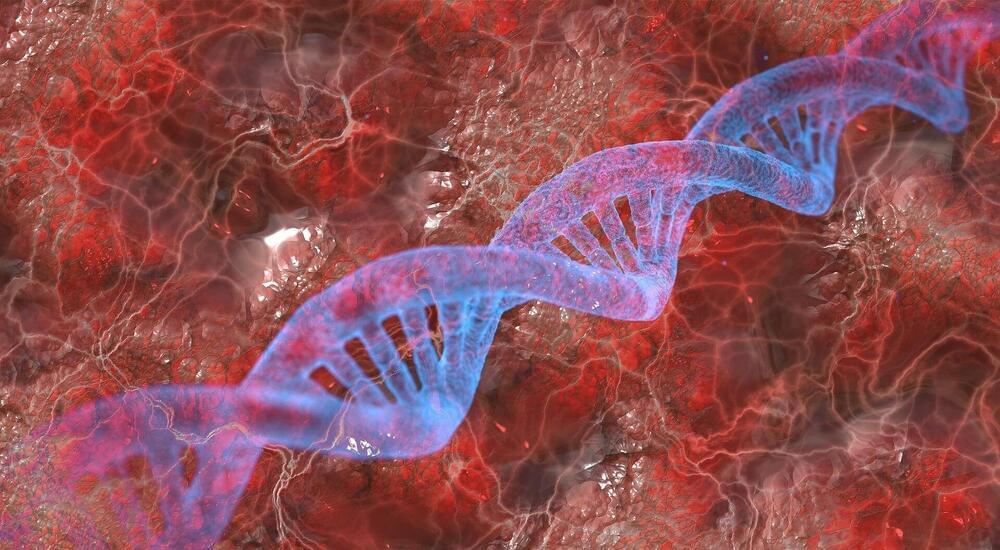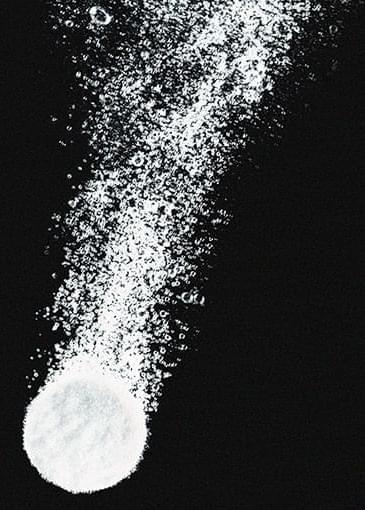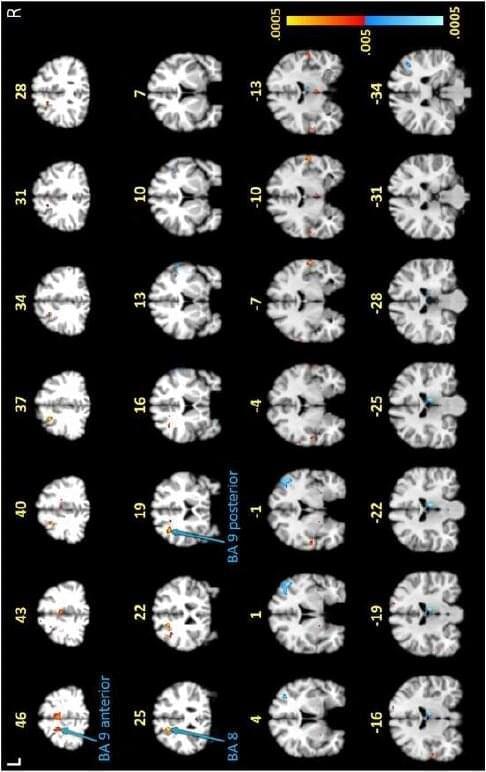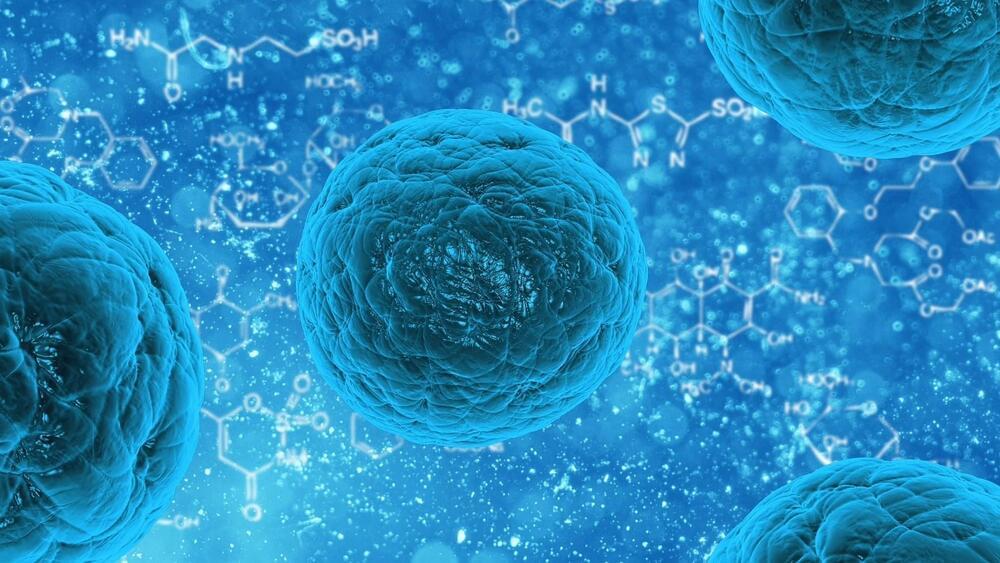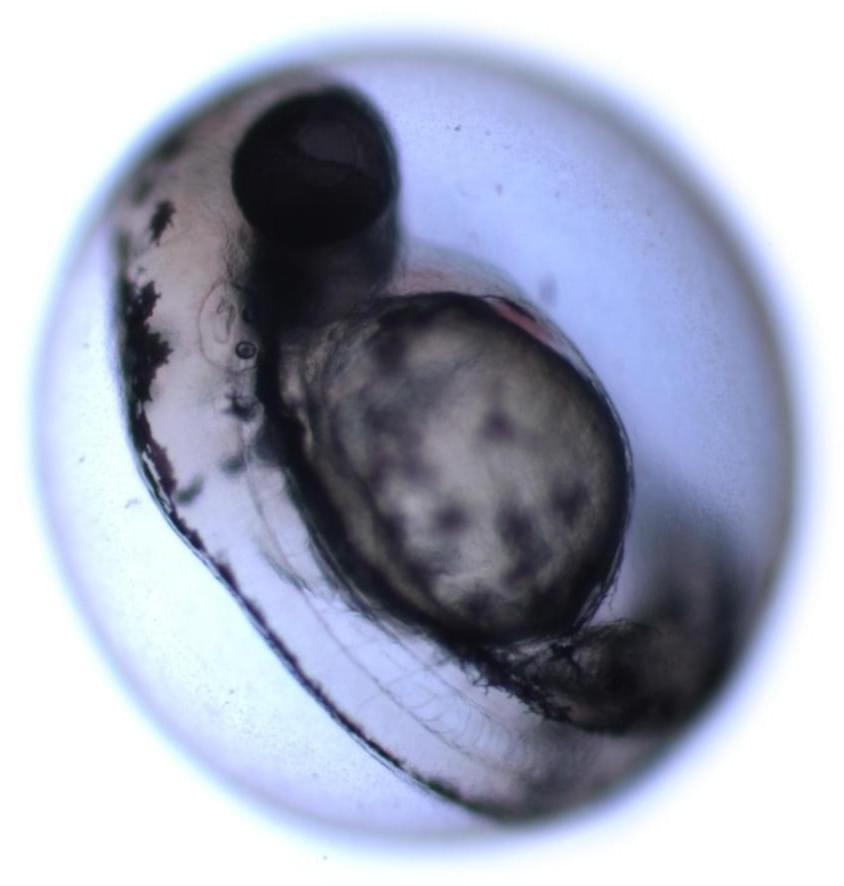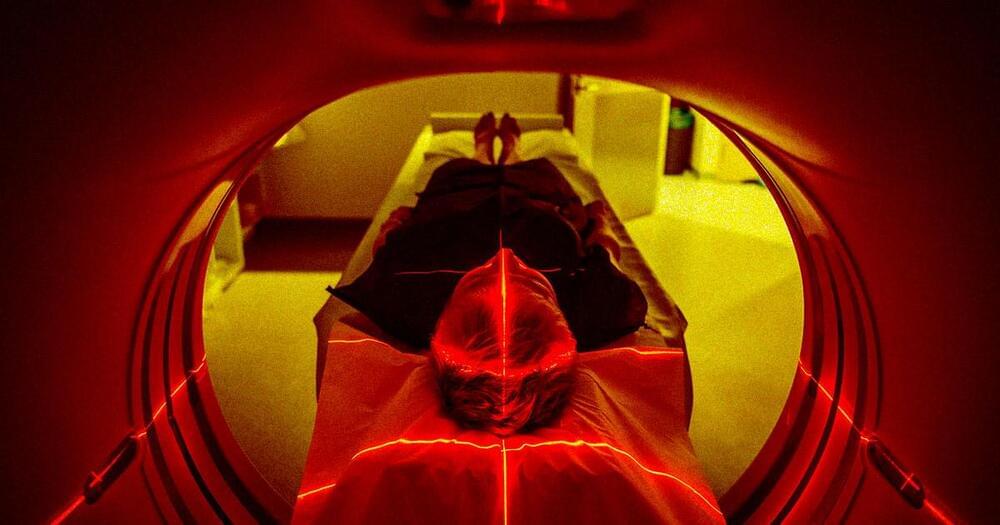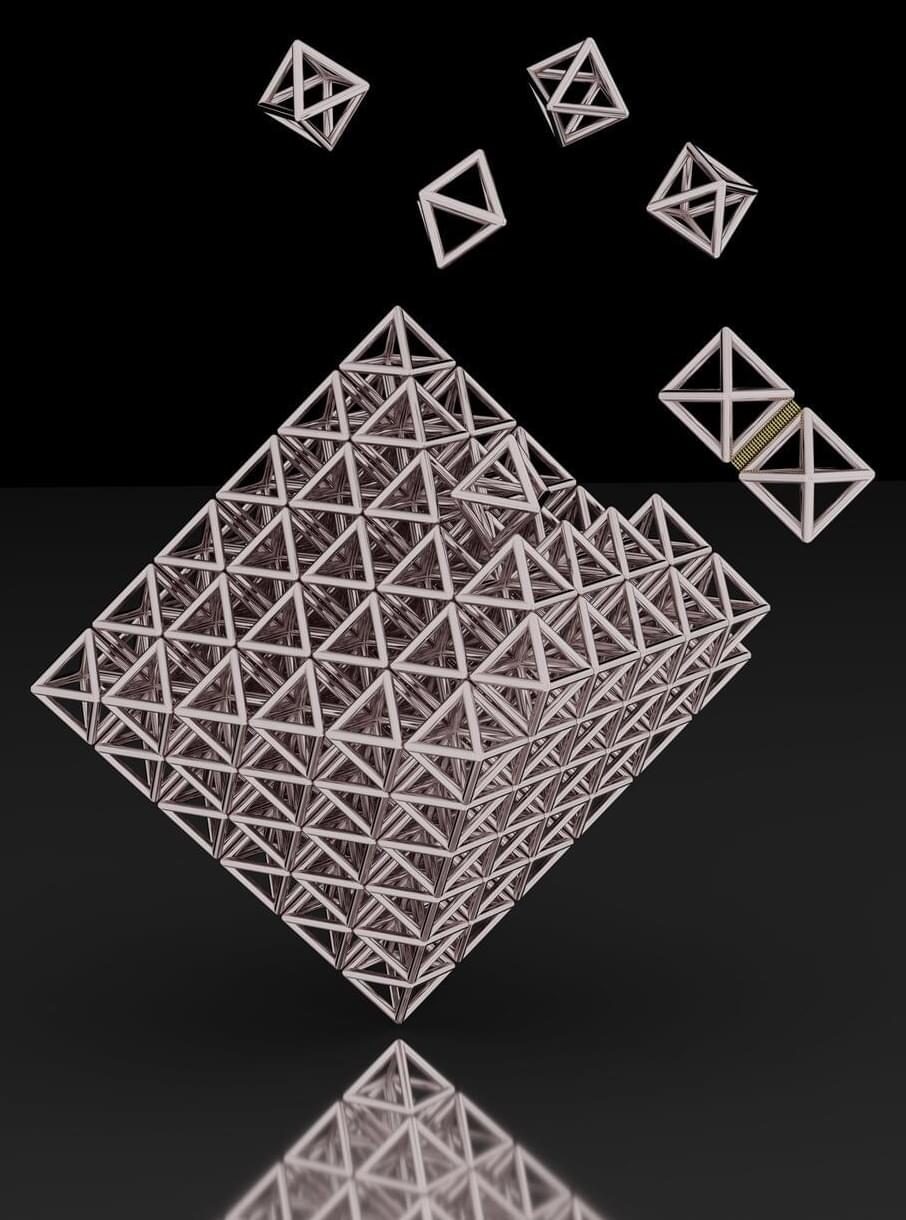New imaging of patients with Alzheimer’s demonstrates how a telltale protein spreads throughout the brain based on the phenotype of the disease, i.e., whether the condition is dominated by forgetfulness, or atrophy in a specific brain region. The research offers a host of illuminating clues that ultimately may inform new treatment strategies.
The protein is known as tau and a large multi-disciplinary team of brain researchers at McGill University in Montreal has been able to trace the protein’s patterns in living patients via magnetic resonance imaging (MRI). Alzheimer’s disease is intimately linked to tau, which can form tangles in the brain that irrevocably damage neurons.
The patterns detected by McGill scientists apparently are unique to the phenotype of Alzheimer’s afflicting the patient. This staggering finding opens an intriguing new window into the molecular mechanisms of the disease. And while many features of Alzheimer’s are the same from one patient to the next, phenotypes are a hallmark of the condition. Tracking tau patterns is a specialty of the scientists at McGill, who found that the intrinsic connectivity of the human brain itself provides the scaffolding for the aggregation of tau in distinct variants of the disease.
